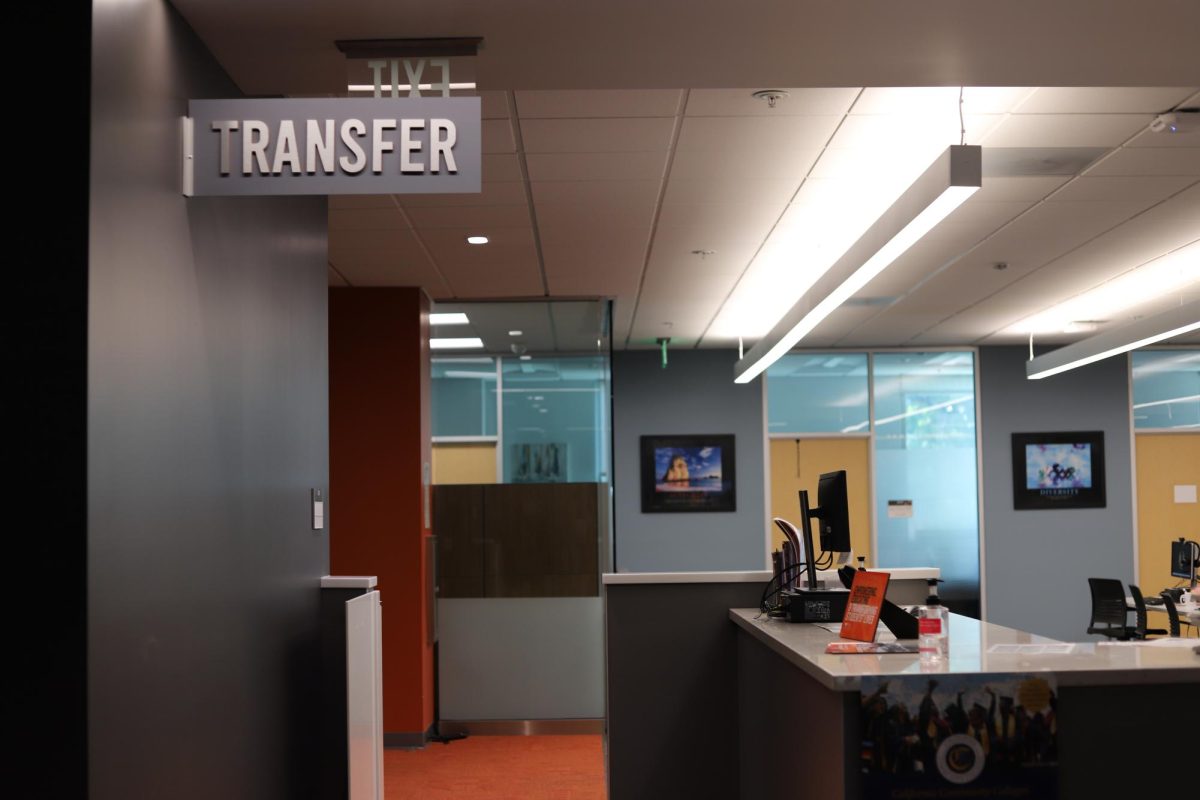A “yes” vote supports issuing $5.5 billion in general obligation bonds to the California Institute for Regenerative Medicine, which suspended new projects in 2019 due to low funds. No more than 7.5% of the bonds would be used on operation costs. Remaining funds would go toward research grants, trials, facility start-ups and stem cell-related programs. The institute’s oversight committee would be increased from 29 to 35 members.
A “yes” vote supports amending California’s Constitution to require commercial and industrial property, except in agriculture, to be taxed based on market value instead of purchase price. Revenue will be distributed to the state to account for revenue decreases from personal income and corporation taxes due to tax deductions. Of the remaining revenue, 60% will be given to local governments and special districts and 40% will go to school districts and Community Colleges. Of the funds for education, 11% will go to Community Colleges and 89% will go to public schools, charter schools and county education offices.
A “yes” vote supports amending California’s Constitution to repeal Proposition 209, ratified in 1996. The repeal would lift the ban on race-based and sex-based affirmative action in the state’s public sector.
A “yes” vote supports amending California’s Constitution to allow paroled convicted felons to vote. Those in prison will still be prohibited from voting.
A “yes” vote supports amending California’s Constitution to allow 17-year-olds to vote in primary and special elections if they will be 18 years old by the next general election.
A “yes” vote supports amending California’s Constitution to allow eligible homeowners to transfer tax assessments anywhere in the state and to more expensive homes, with upward adjustments. It will also allow the severely disabled and those over 55 years old to transfer their tax assessments up to three times. Secondary homes and rentals will be reassessed at market value when transferred. The measure will also create the California Fire Response Fund and the County Revenue Protection Fund, into which 75% and 15% of the revenue will be deposited, respectively.
A “yes” vote supports adding crimes to the list of crimes for which early parole is restricted. It will also allow for DNA collection for certain misdemeanors and allow some theft and fraud crimes to be charged as felonies rather than misdemeanors. The measure aims to amend three past propositions that intended to reduce the state’s prison population.
A “yes” vote supports expanding local governments’ authority to enact rent control on residential properties first occupied over 15 years ago. There will be an exception for owners of no more than two homes. It will allow local limits on rent increases to differ from the state’s. Rent-controlled properties will be allowed rent increases of up to 15% over the first three years of new tenancy.
A “yes” vote supports defining app-based drivers as “independent contractors” rather than employees unless ride-share companies set work hours, require certain work or restrict working with other companies. Independent contractors are not covered by employment laws that mandate overtime pay, minimum wage, unemployment insurance and worker’s compensation. Instead, they will be entitled to healthcare subsidies, minimum earnings and vehicle insurance. The measure will also criminalize the impersonation of drivers.
A “yes” vote supports requiring at least one doctor to be on-site during treatment at kidney dialysis clinics. Clinics will be exempt if there is a shortage of doctors and at least one nurse practitioner or physician assistant is on-site. It will require clinics to report dialysis-related infections to the state and federal governments and prohibit clinics from closing or reducing services without state approval. The measure will also prohibit clinics from refusing to treat patients based on the source of payment for care.
A “yes” vote allows consumers to prevent businesses from sharing personal information, correct inaccurate personal information and limit businesses’ use of information such as race, ethnicity, religion, sexual orientation and location. It will establish the California Privacy Protection Agency to enforce privacy laws and impose fines. The measure will also triple penalties for violations concerning people less than 16 years old.
A “yes” vote supports the approval of a 2018 law that replaced the cash bail system with a system based on public safety and flight risks. If approved, it will limit a person’s jail time before trial for certain misdemeanors.










